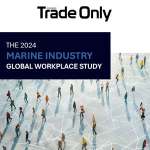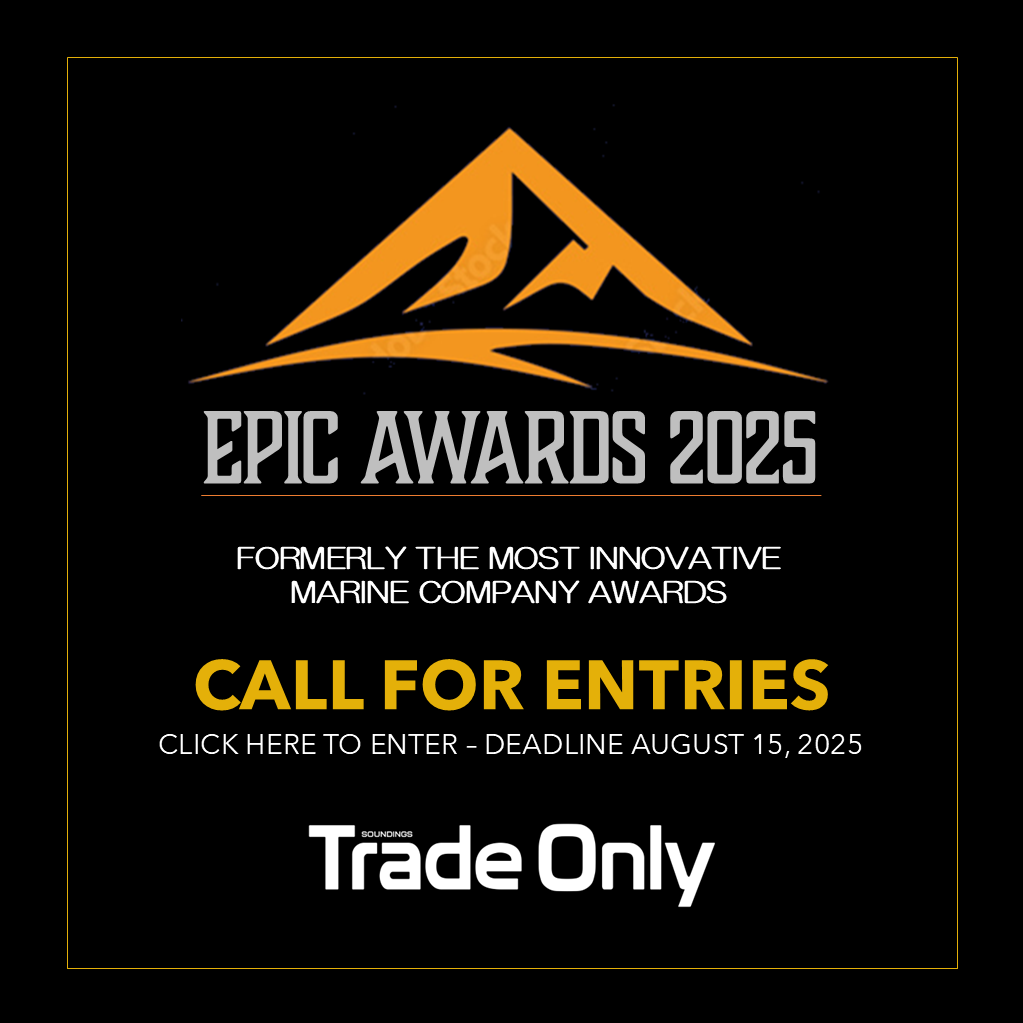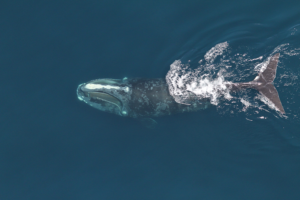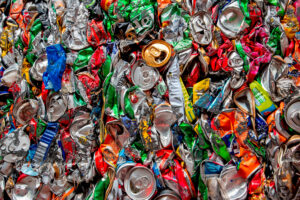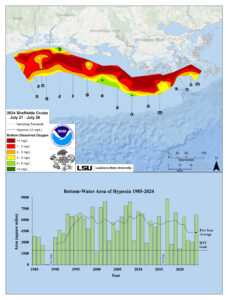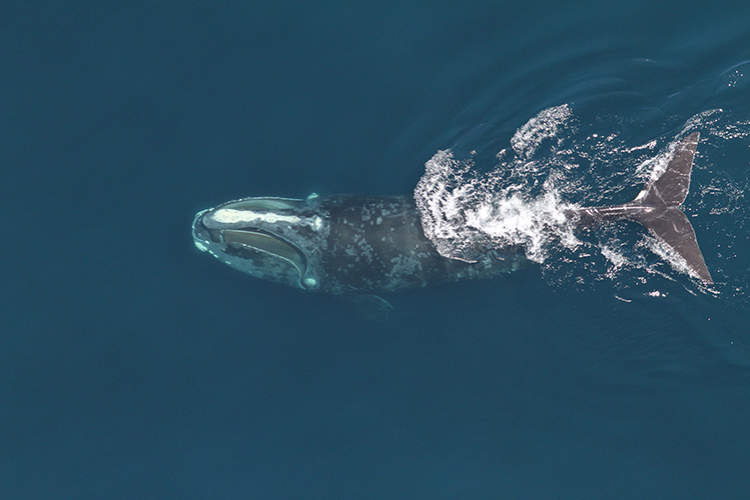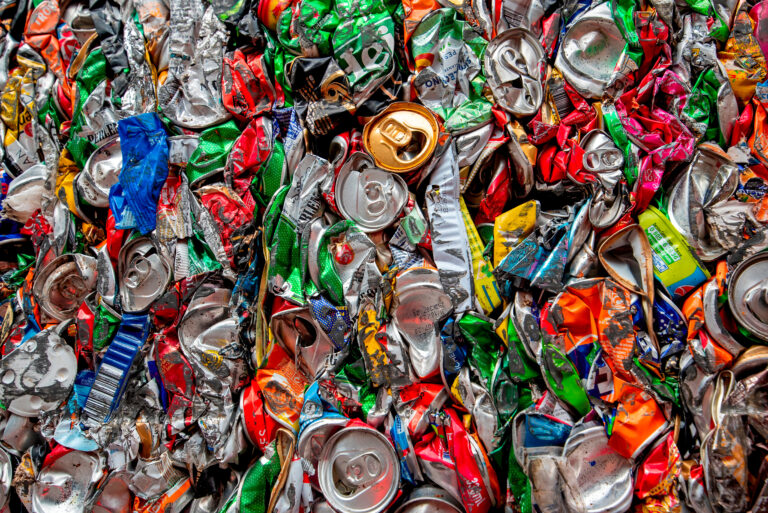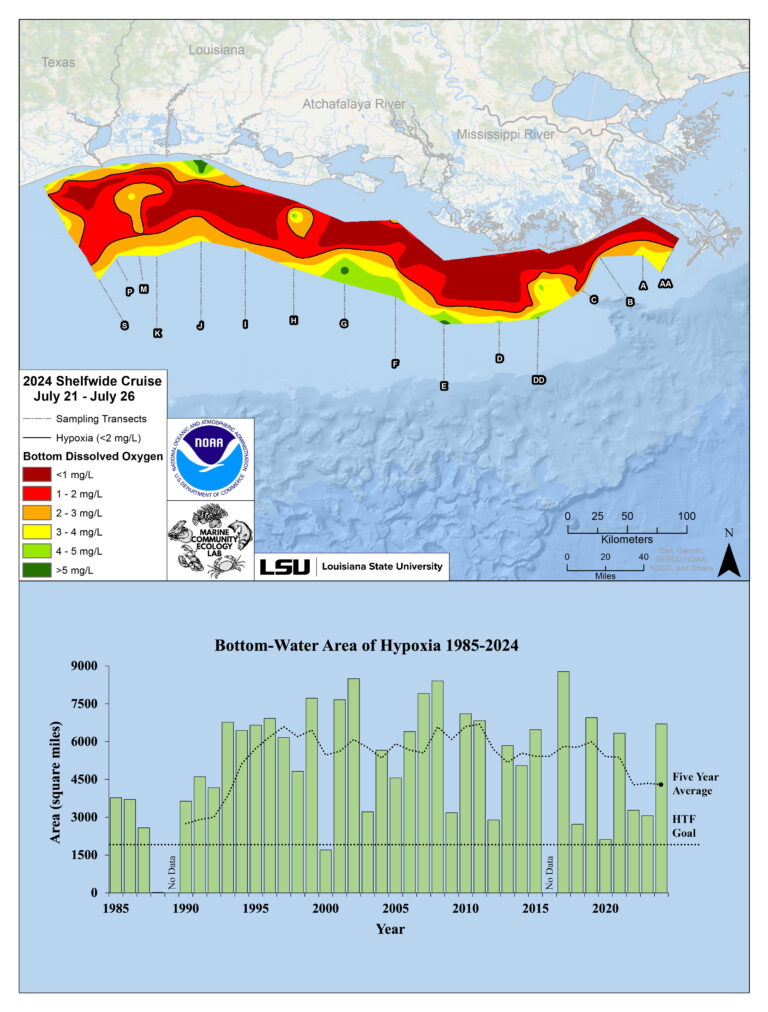
MARATHON, Fla. — Every year, millions of people across the world are affected by natural disasters.
Regardless of a country’s economic or political standing, natural disasters can devastate families, homes, and cities. Specific scenarios can vary but clean drinking water is always a top priorities for any disaster relief program.
“Any natural disaster in the world, people are running in with Sawyer filters,” said Patrick Hurst, who is director of the Safety Harbor, Fla.-based company, speaking at an event organized by Garmin and Navionics in the Keys.

The Sawyer filters can clear up bacteria in any fresh water source, even in dirty river water. They’re used for natural disasters and in countries where people have limited access to clean water, said Hurst.
For example, the filters will help Liberia will be the first developing country with clean water, border to border, in every household by December of 2020. Sawyer filters will bring clean water to the last 20 percent of rural Liberia that some experts said was impossible to reach.
Sawyer bucket adapter filtration systems can last longer than 10 years and are reducing diarrhea by more than 90 percent in developing countries.
Engel coolers, which is based in Jupiter, Fla., is in the process of developing the world’s first recyclable rotomolded hard cooler, said Engel vice president Mike Dixon.
Currently the additives to the coolers — which helps keep cold stuff cold — means the coolers can’t be cut up for recycling when they’re done being used. They wind up floating in patches and piling up in landfills around the world, said Dixon.
“It’s the additives that go into current-day products that’s the problem,” said Dixon.
The family-owned company also designs for longevity, he said.
“These are designed to last for generations, and that’s really the name of the game — less garbage,” said Dixon.
The company leveraged its vacuum technology used in the soft-sided coolers to launch stainless steel, vacuum insulated mugs to provide a leak-proof lid.
“Over time we hope it replaces some disposable cups,” said marketing director Chris Holloway. “That’s really what it’s all about. We’re still a family-owned company. Mike and I are dedicated to our efforts in conservation.”
The company will start manufacturing in the United States for the first time in Indiana, said Dixon. It also participates in building artificial reefs, partnering with groups like Now or Neverglades, Coastal Conservation Association, Kenny Chesney’s Love for Love City & No Shoes Reefs, American Sportfishing Association, Center for Sportfishing Policy and the Congressional Sportsmen’s Foundation.

